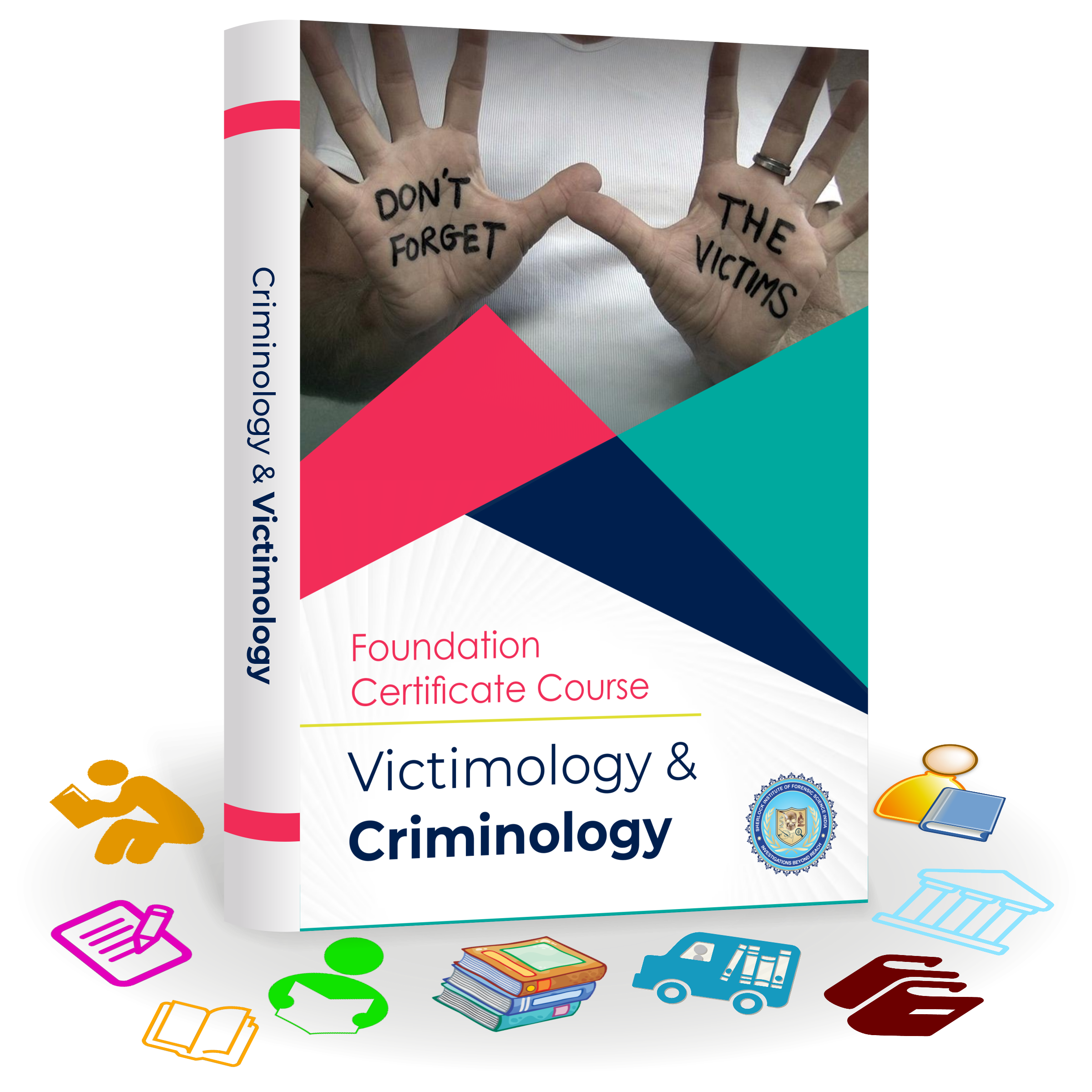The course content was comprehensive, well-structured, and easy to follow. The instructors were knowledgeable and always available to answer questions. Highly recommended!

Certification
Foundation Course Certificate
Mode of Study
100% Online Start now and learn from anywhere
Learning Hours
15 hours of Video Sessions
Learning Medium
English
Learn Forensic at Your Own Pace, Master at Your Own Time!
Unlock Your Potential with Self-Paced Learning!
Learn Anytime, Anywhere
No schedules, no pressure! Study at your convenience
Go at Your Own Speed
Master concepts without rushing or slowing down
Full Access to Course Materials
Revisit lessons whenever you need
Expert-Led Content
Gain industry-relevant skills from top instructors
Perfect for Professionals & Students
Balance learning with your lifestyle
Affordable & Cost-Effective
No travel, no extra expenses, just pure learning!
Earn a Recognized Certification
Boost your resume and career prospects
Join Thousands of Successful Learners Today!
Enroll Now & Take Control of Your Learning Journey!
Criminology involves studying criminals, what and why they do, and the workings of the criminal justice system. And victimology studies the effect of crime on victims and the reasons behind their being targeted. The online Criminology & Victimology Foundation Certificate Course by Sherlock Institute of Forensic Science (SIFS India) equips you with skills to study crime and its impact on individuals and society. This program is perfect for those who are passionate about understanding the details of criminal behavior and providing support to those affected by it.
The pre-recorded course is led by expert instructors and seasoned professionals in criminology and victimology. You will explore topics like criminal profiling, types of crimes and criminals, cyber crime, crime prevention, the workings of the judicial system, steps to carry out criminal investigations, crime trends, the juvenile justice system, causes of crime, criminal psychology, victimology theories, victim support services, victim rights, and developing strategies to support victims and prevent future victimization.
This program can open doors to careers in victim advocacy, law enforcement, criminal justice, or social services for both first-time learners and those looking to upgrade their current portfolio. With your ability to understand the complexities of crime and its impact on individuals, you will be well-prepared to make a meaningful impact on society.
Become Proficient to Answer:
- What is the nature and scope of criminology, and how does it relate to other Social Sciences?
- What were the pre-classical ideas about crime, particularly the concept of demonology?
- How did classical, neoclassical, and sociological theories contribute to the development of criminology?
- What is the nature of crime in modern society, and what are the causal factors behind criminal behavior?
- How do we classify crime and criminals, and how does society perceive and address social issues, deviance, and crime?
- What are the different categories of crimes, including crimes of violence, property crime, crimes of the powerful, public order crimes, and cybercrime?
- How does the legislative process influence the criminal justice system, and what is the importance of the judicial system in modern society?
- What are the elements of criminal liability and the principles of group liability?
- How are offenses against a person and property defined under the Indian Penal Code?
- What is the juvenile justice system, and how does it differentiate between children in need of care and protection and children in conflict with the law?
- How do psychological and psychoanalytical approaches contribute to our understanding of criminal behavior?
- What are the meaning, objectives, and philosophy of punishment and recent approaches to punishment?
- What are the key theories of victimology, and how do they explain victimization?
- How does victim blaming impact the criminal justice system, and what is the significance of victim impact in legal proceedings?
- What post-prosecutorial services are available in cases of child abuse, and how do they support recovery and justice for victims?
Learning Outcomes:
Criminological Knowledge: You will gain an understanding of crime theories, criminal behavior patterns, factors contributing to criminal activities, and criminal profiling methods.
Victimology Expertise: You will acquire skills to understand the concept of victimization and its social impact, victim support services, and ways to assist and empower victims.
Crime Prevention Strategies: You will acquire practical skills to prevent the occurrence of crime, analyze crime trends, implement crime prevention measures, and work to establish safer communities.
Criminal Justice System Overview: You will gain insights into the workings of the criminal justice system and the challenges involved during the legal process.
Ethical and Empathetic Practice: You will gain knowledge to follow a compassionate approach while dealing with victims as a legal advisor or social service provider.
Course Details:
Fee | National: 1770 INR (1500 INR + 18% GST) International: 50 USD |
Duration | 1 Month |
Eligibility | 12th Passed |
Session Timing |
Learn at your own Pace |
Payment Details:
International Student : PayPal: forensicdocument@gmail.com
Account Details for National Student
Bank Name - ICICI BANK
Acc. Name - SIFS INDIA PVT. LTD.
Account No. - 663505500086
Type - Current
IFSC Code - ICIC0000160
Address - ICICI Bank, H-4, Model Town -III, New Delhi - 110009









